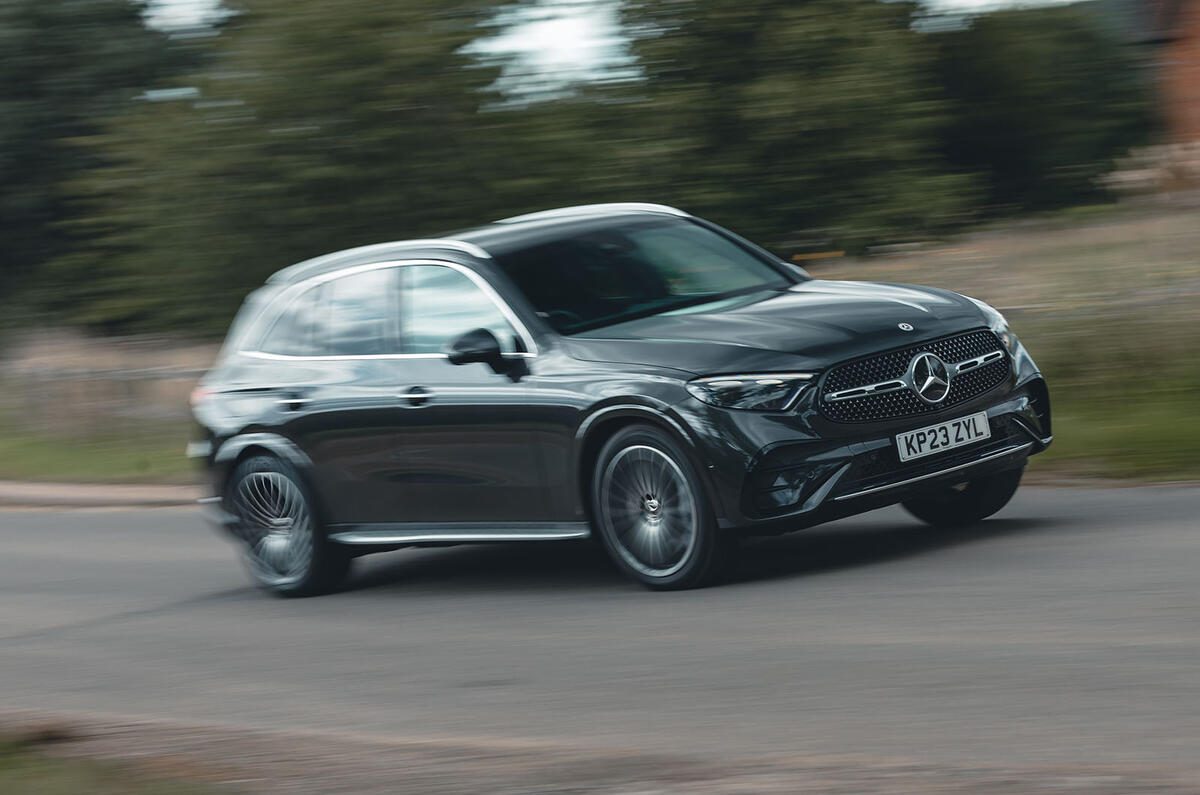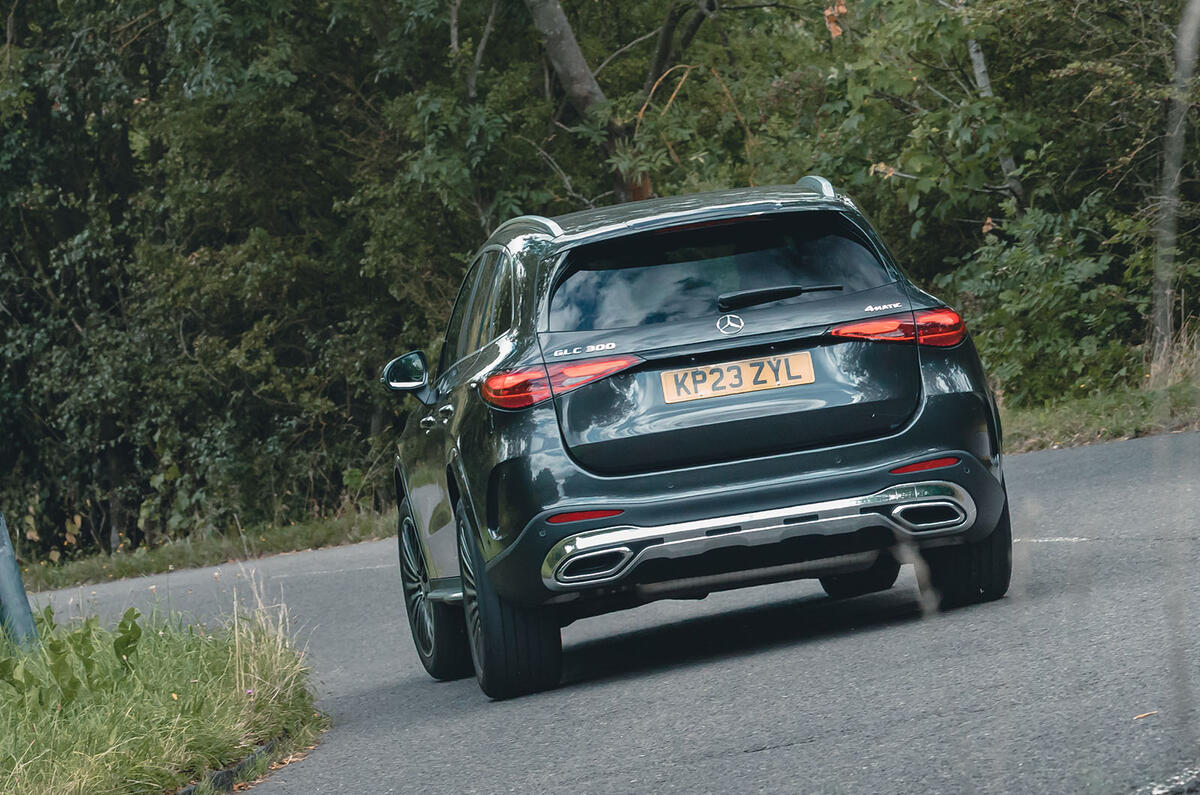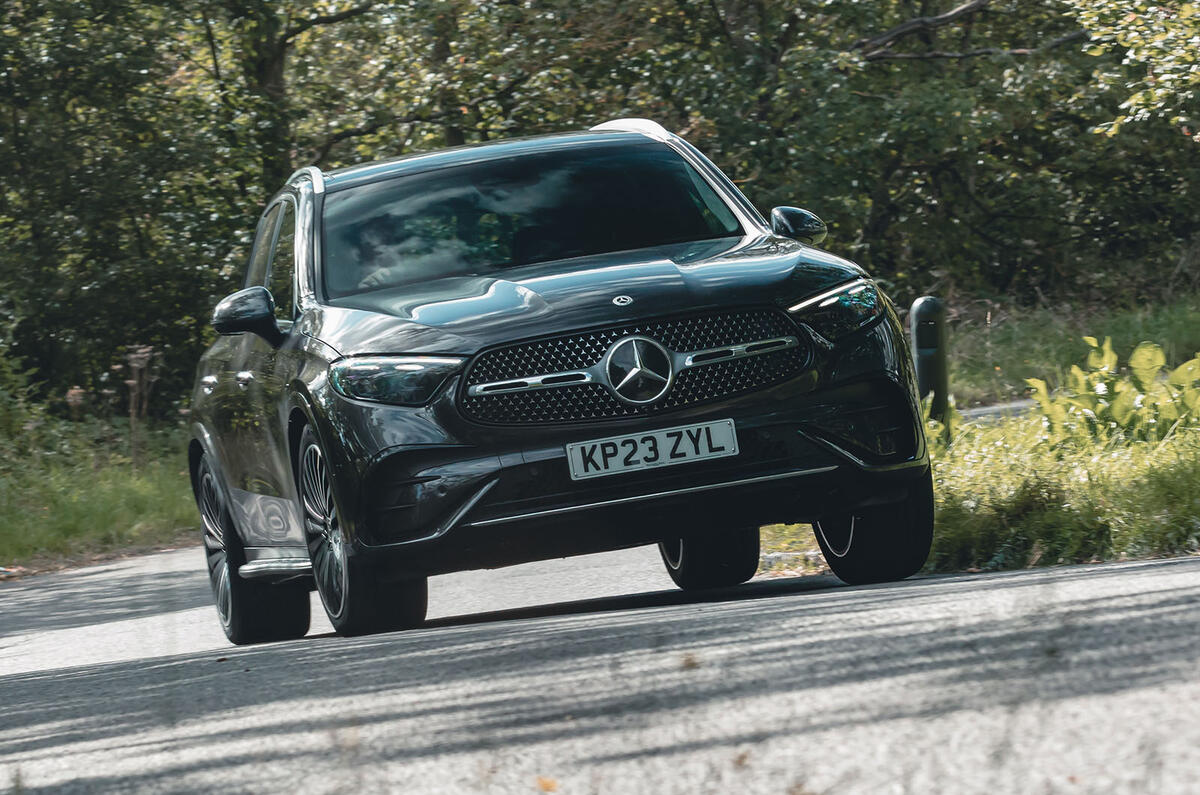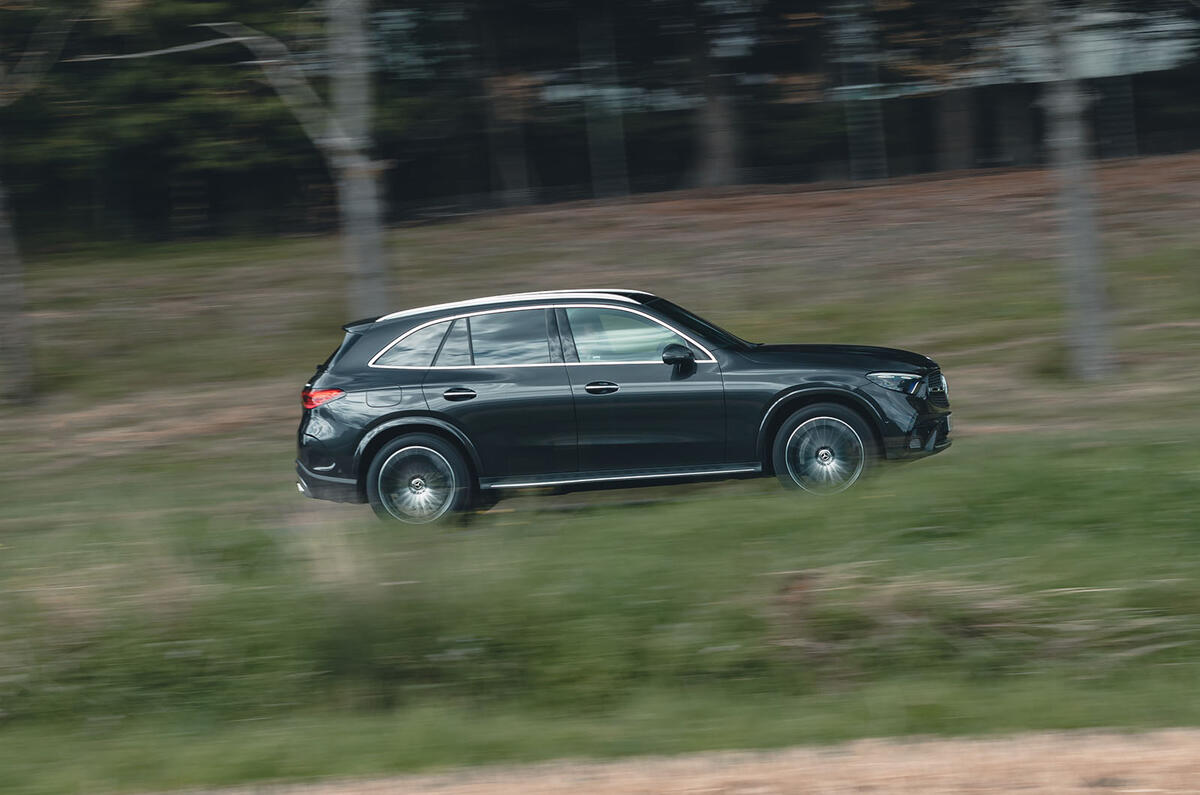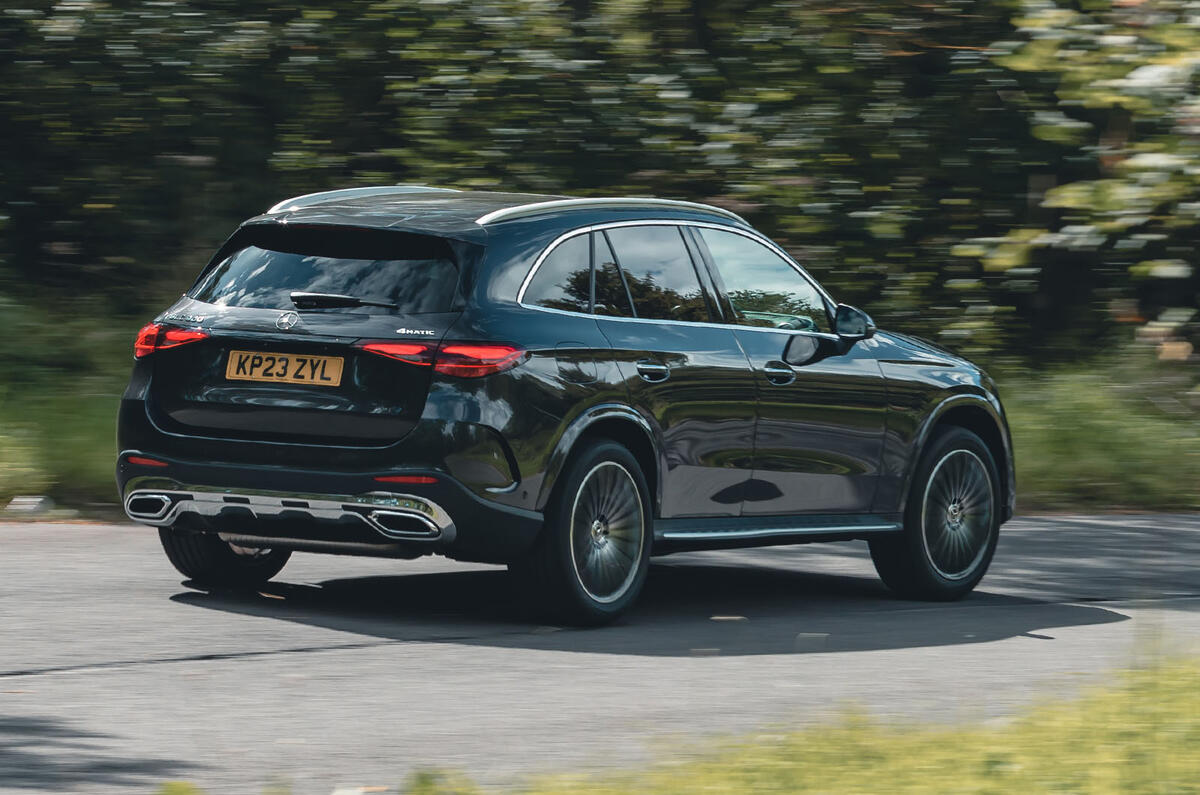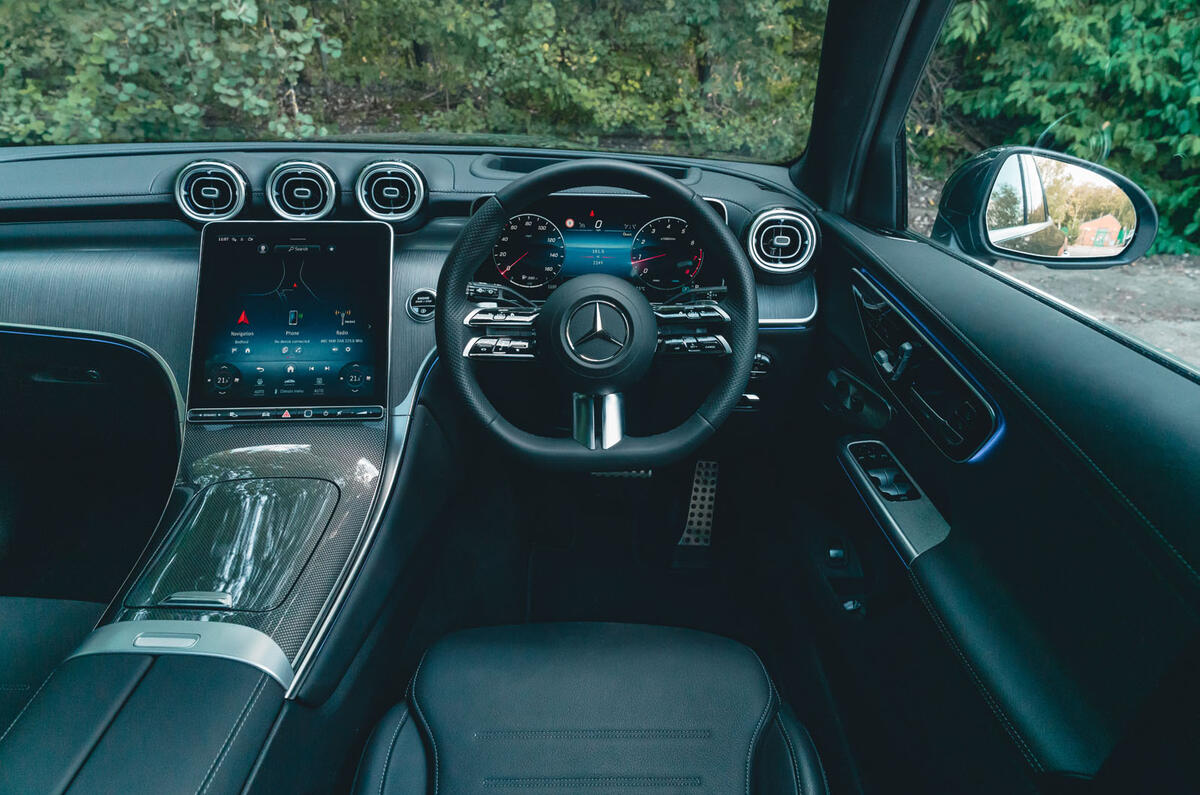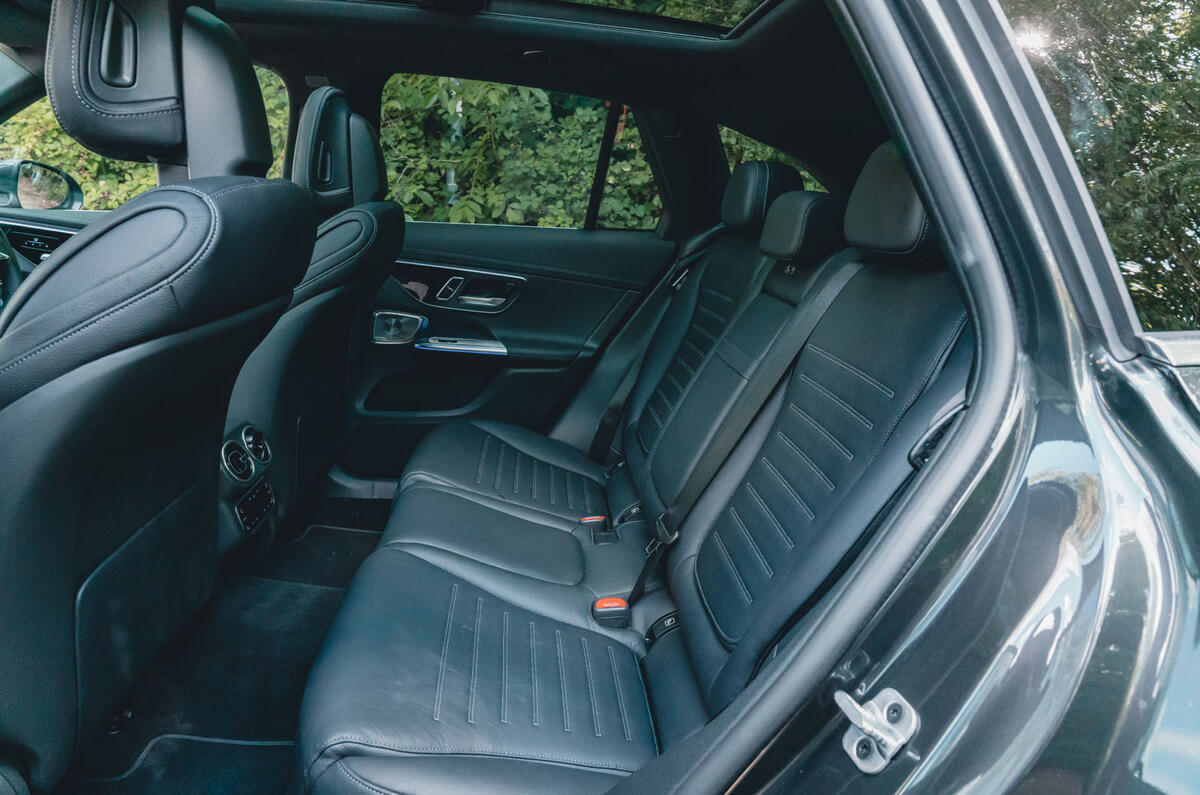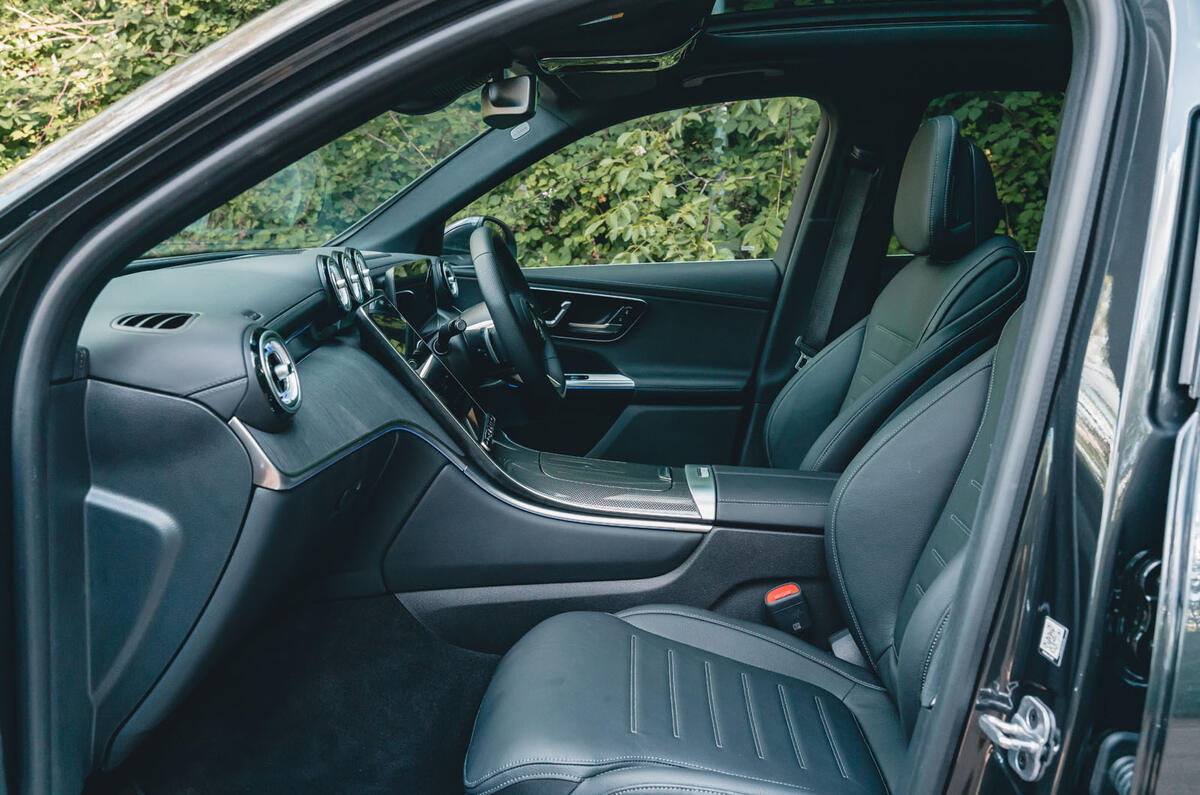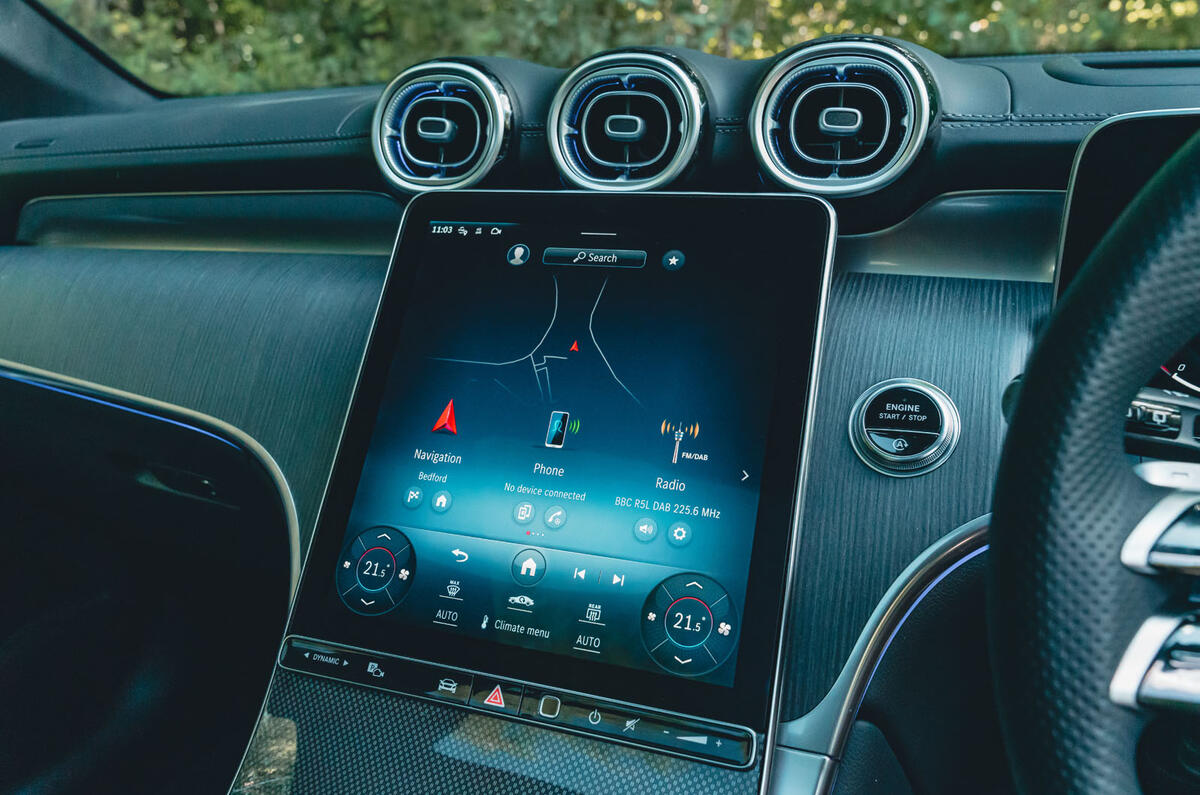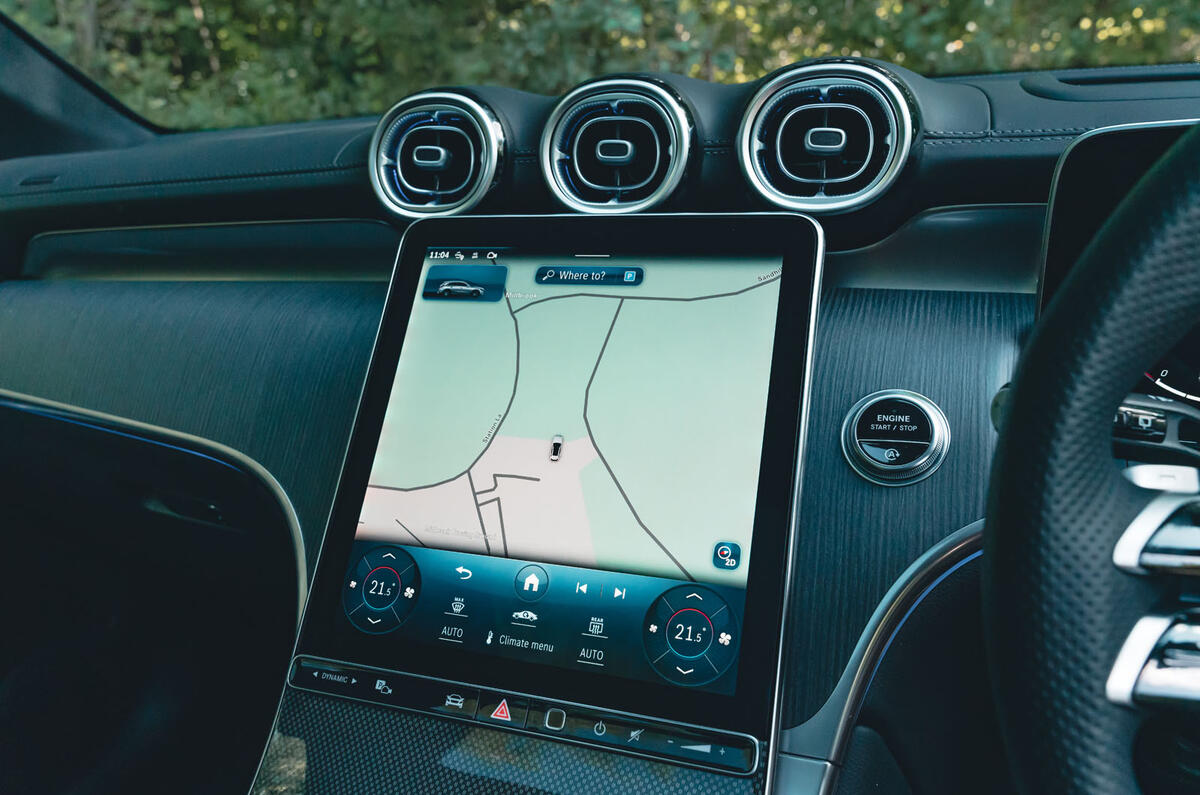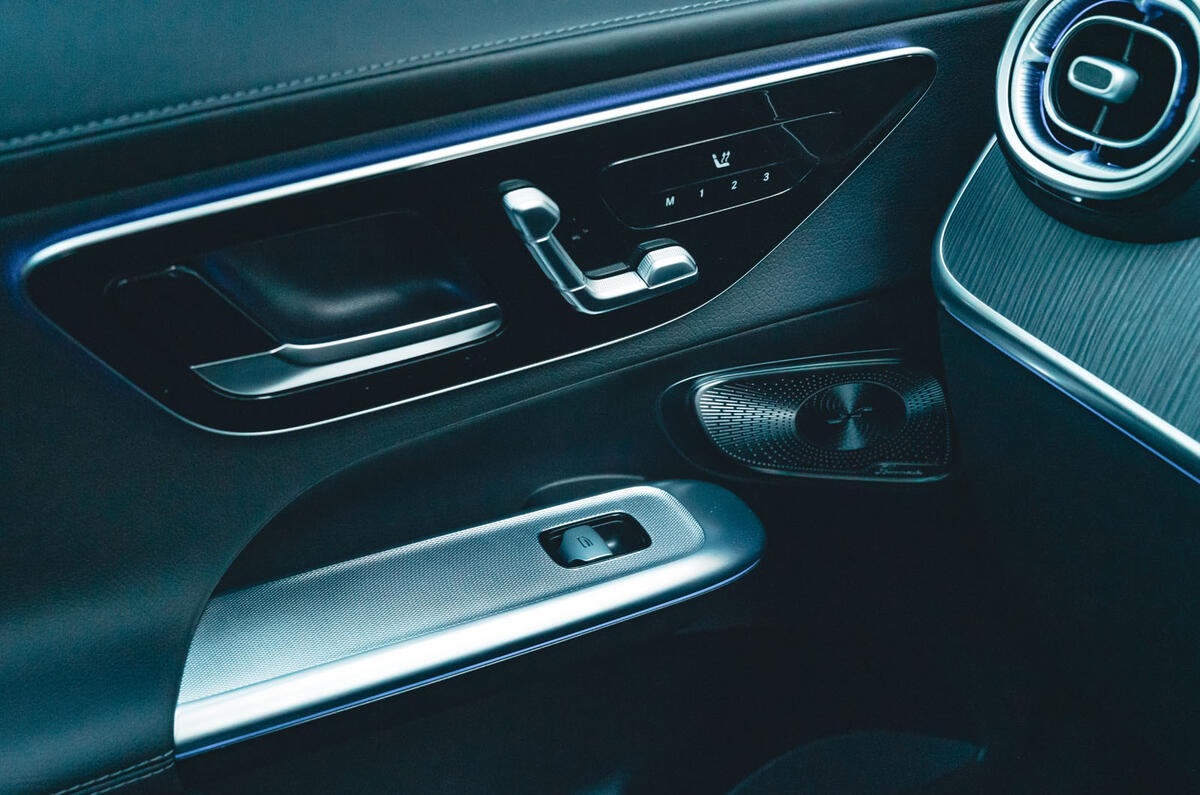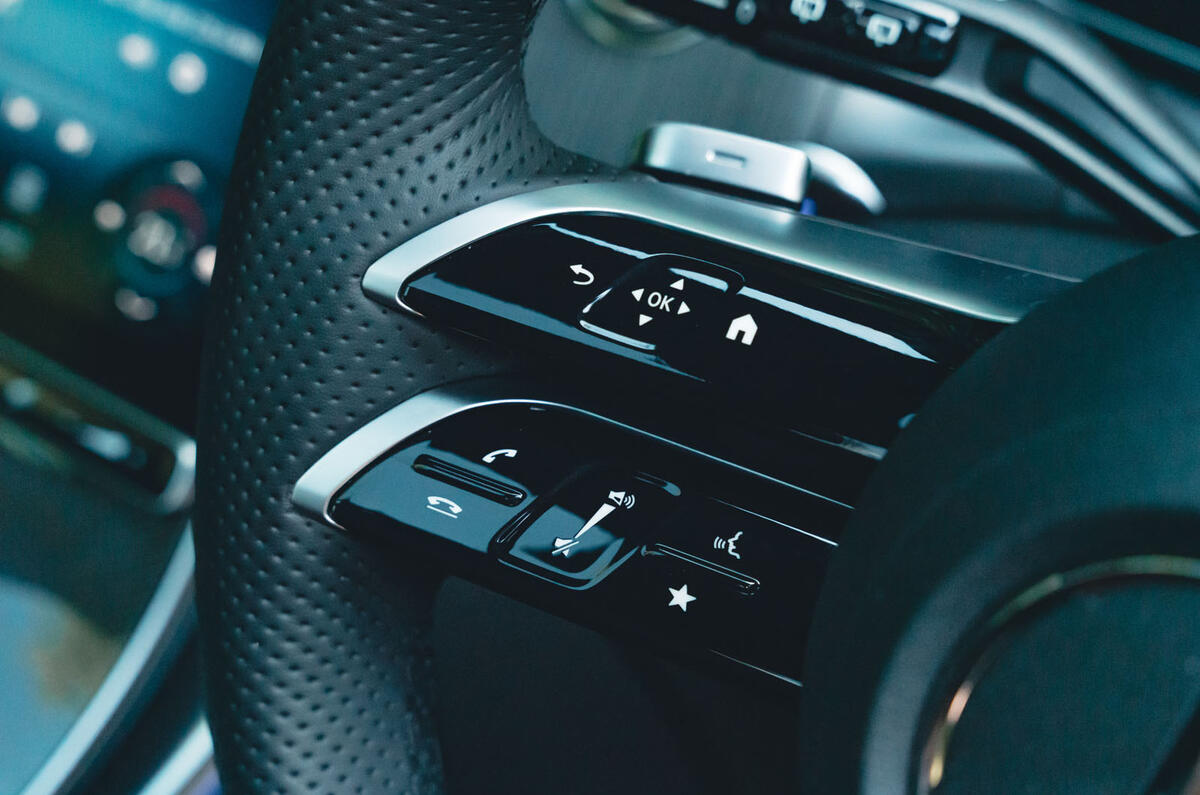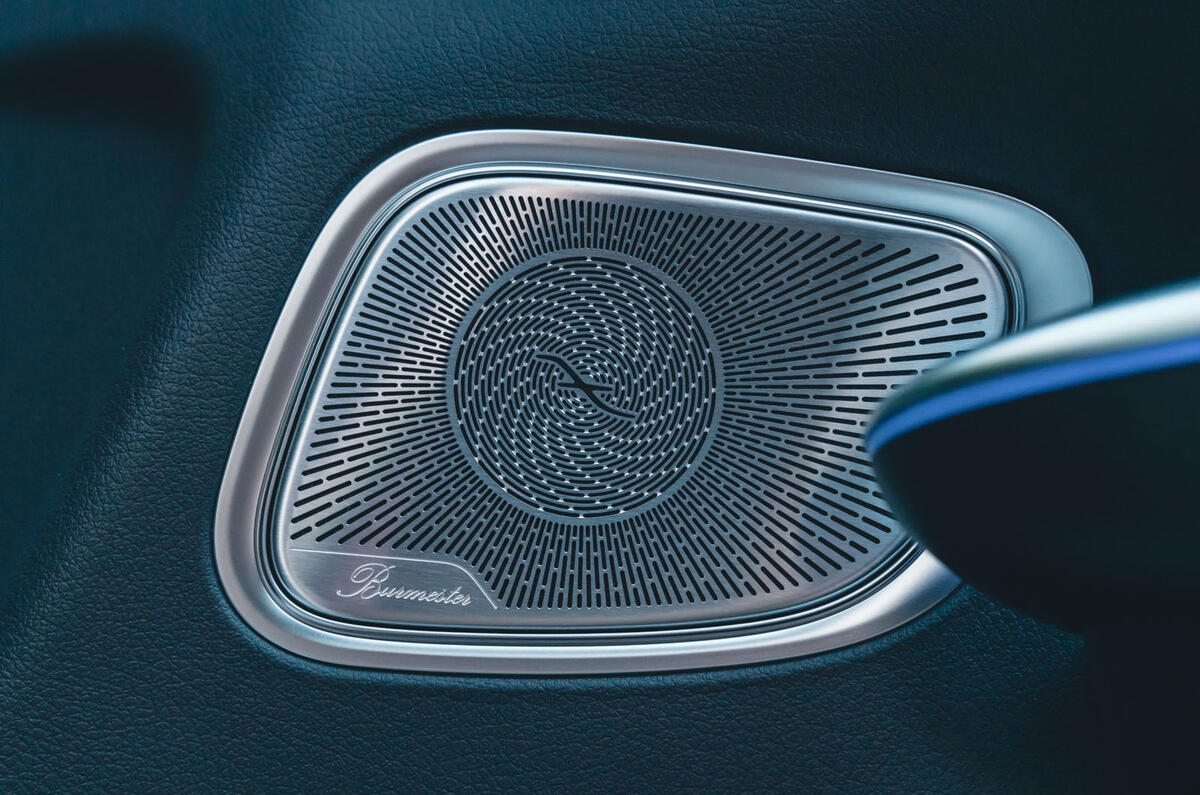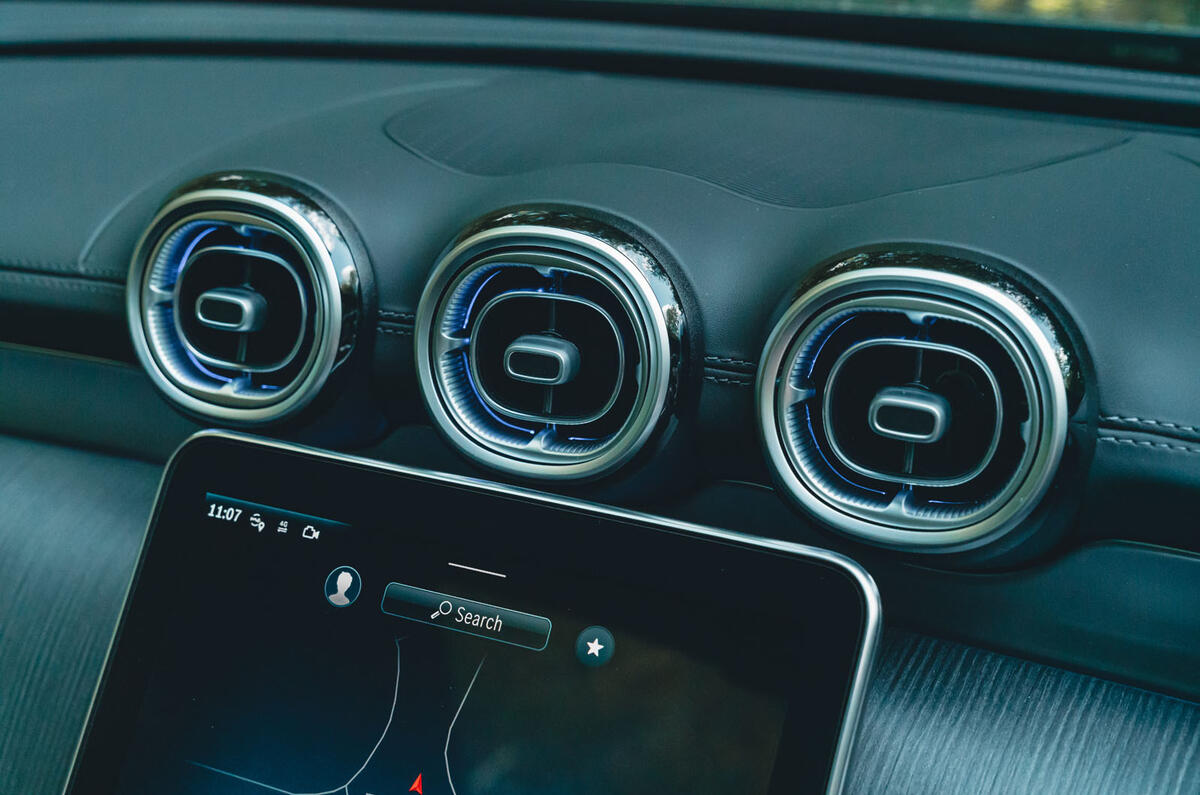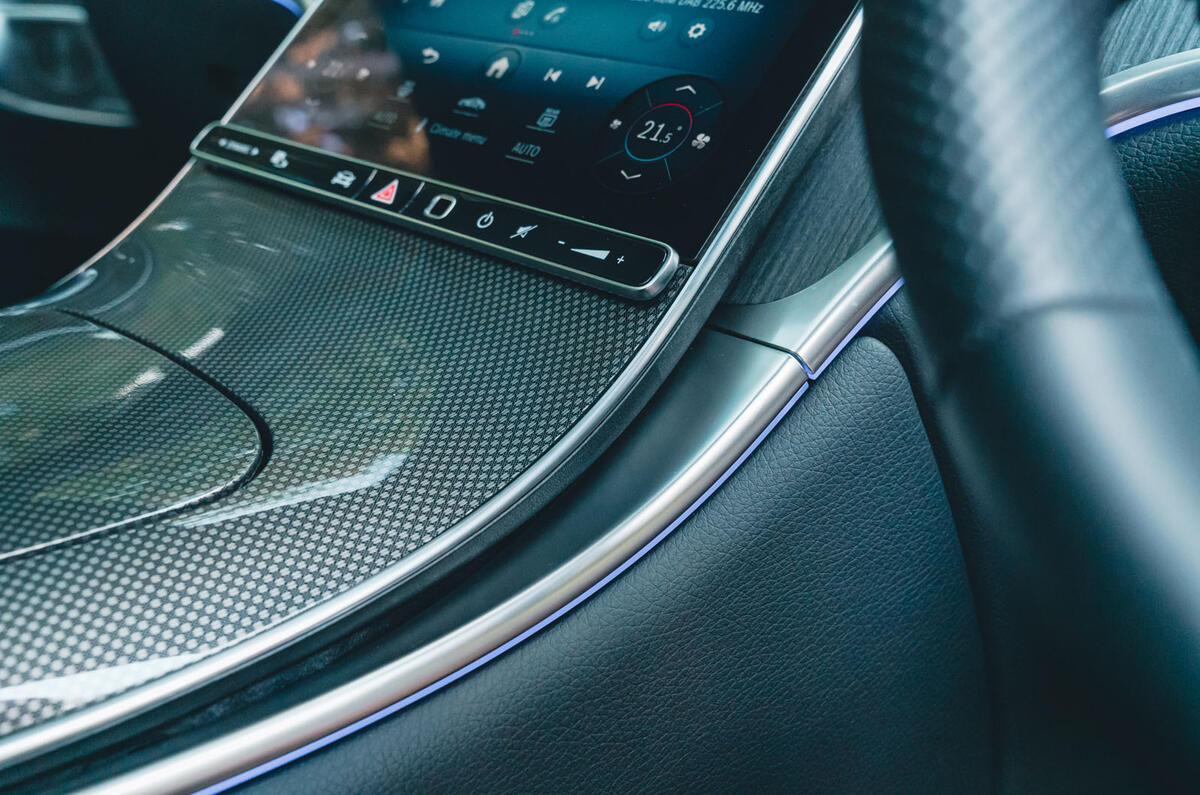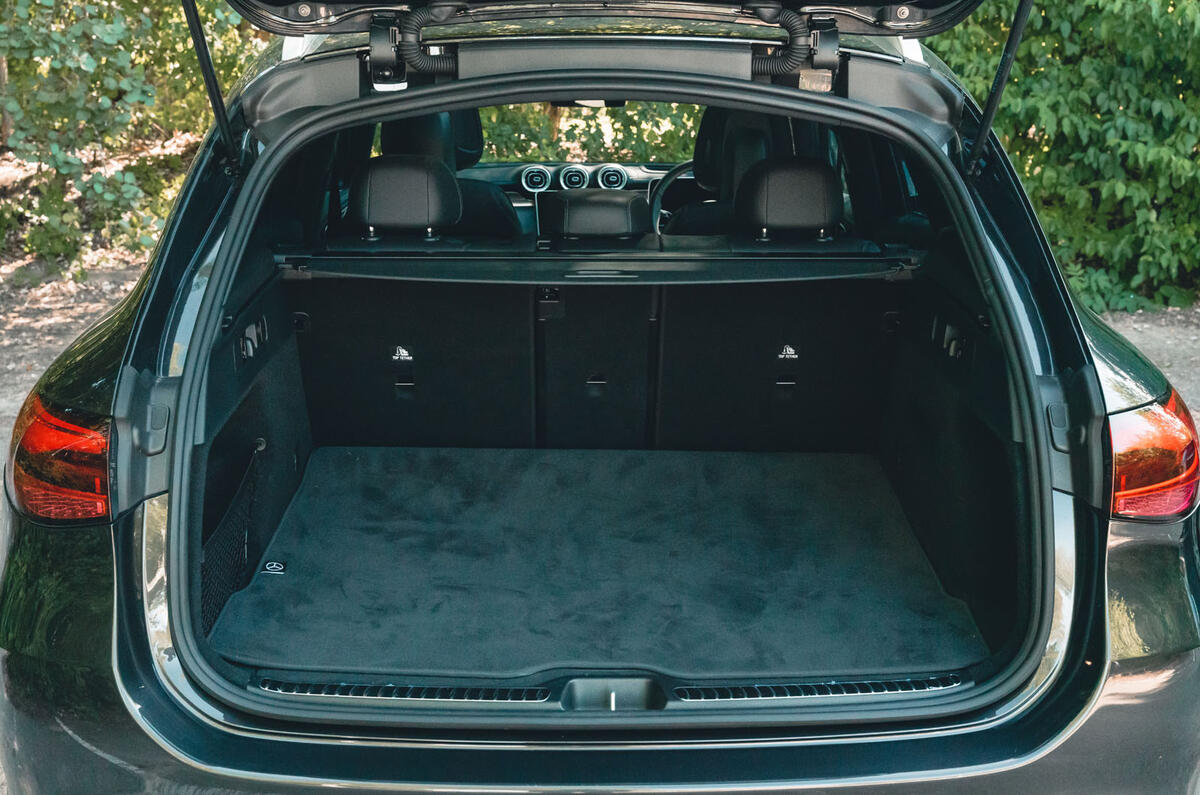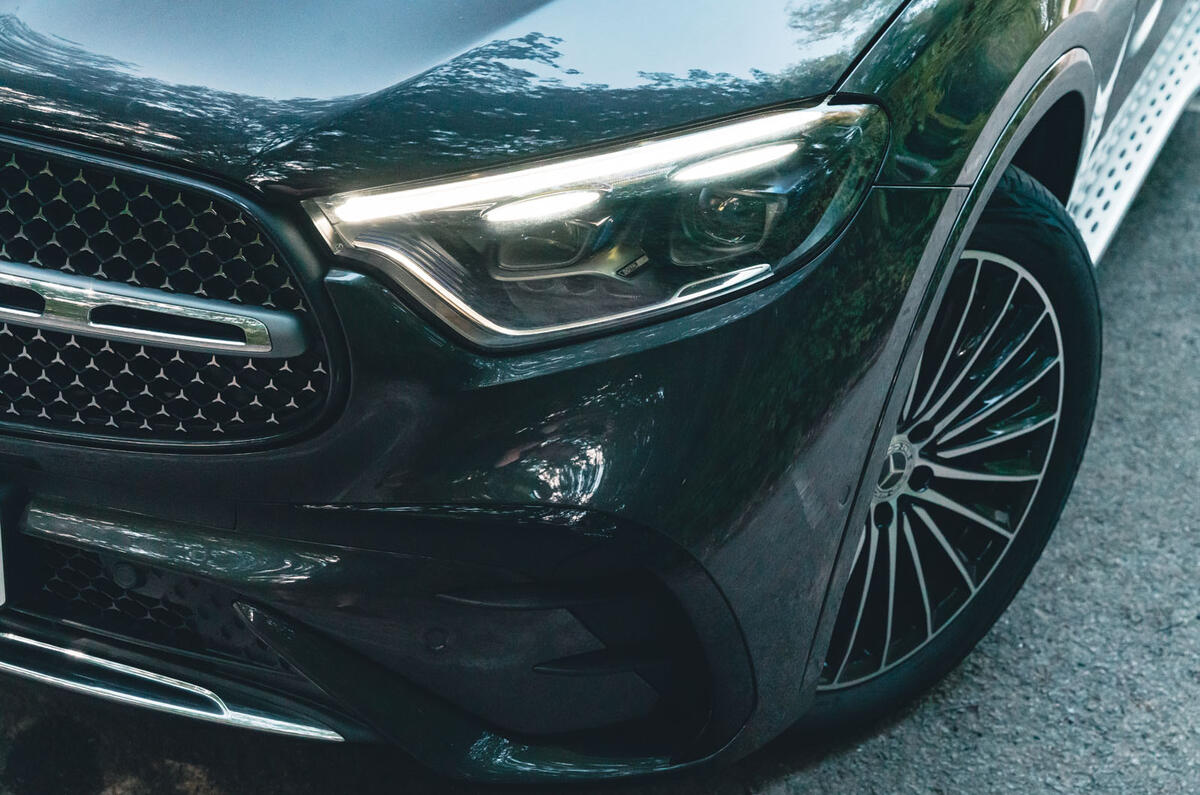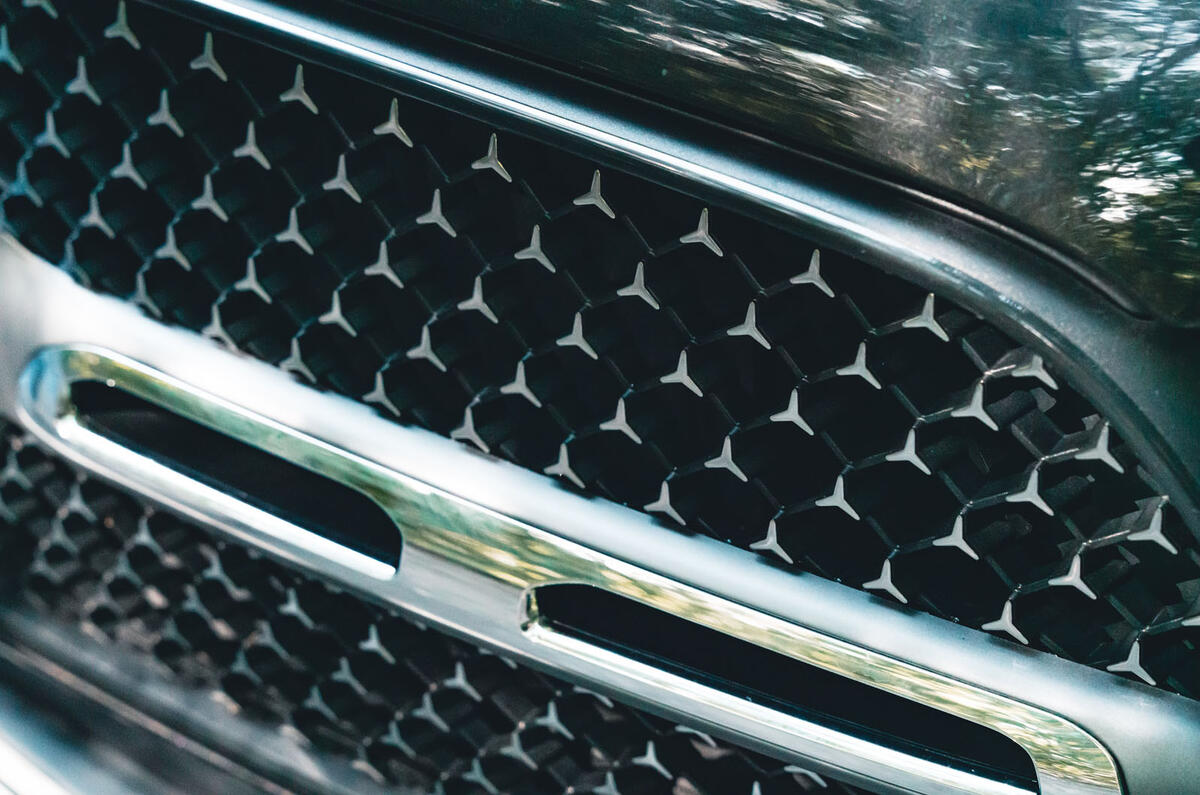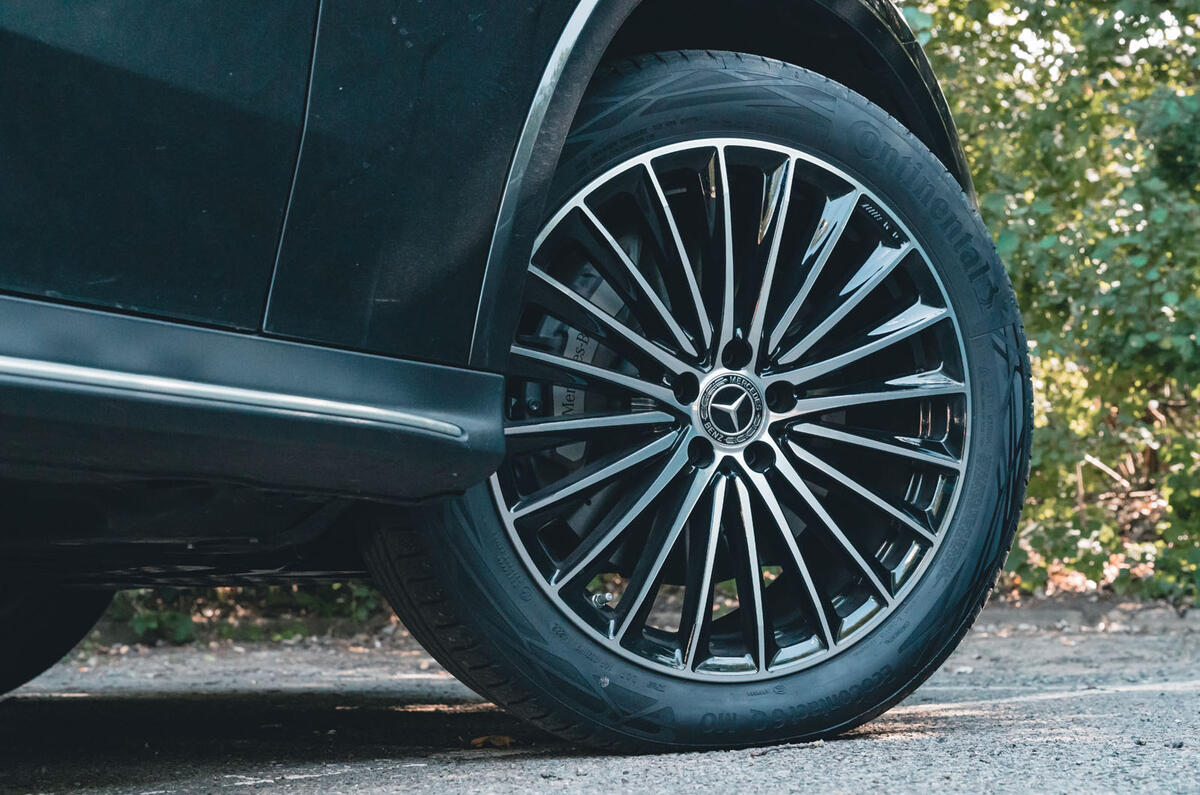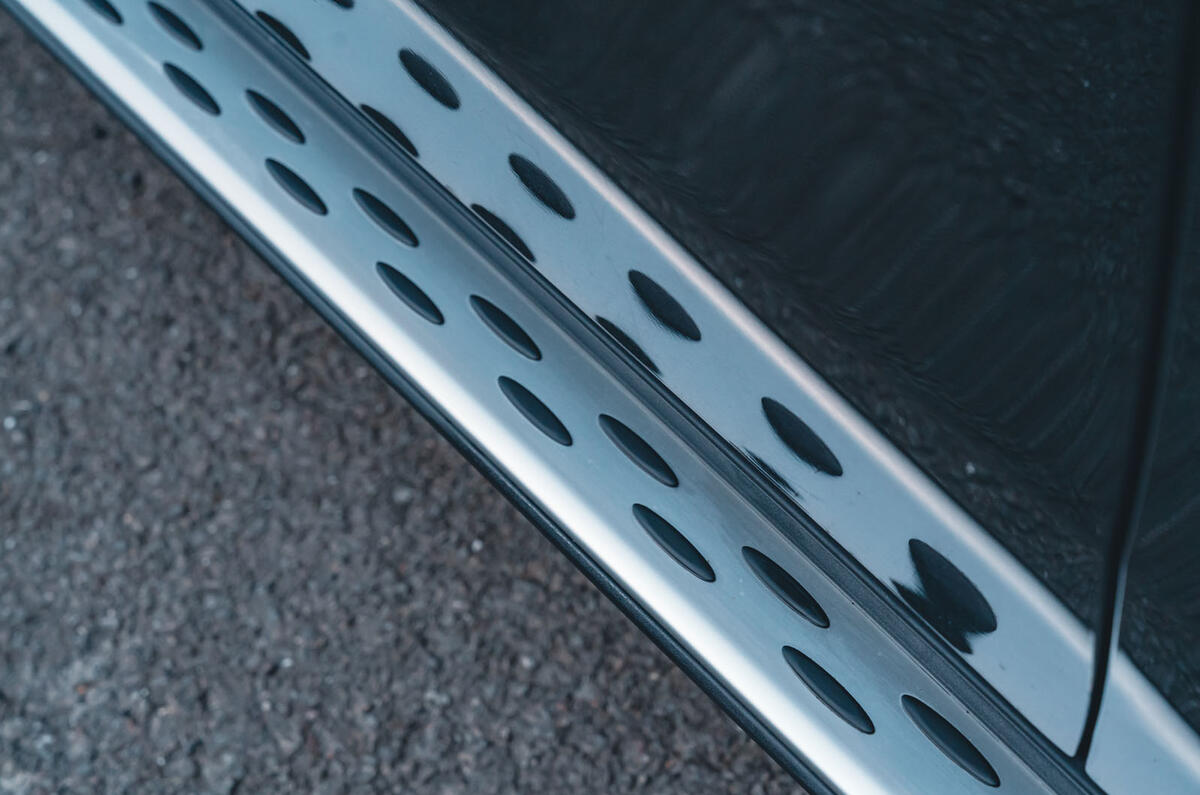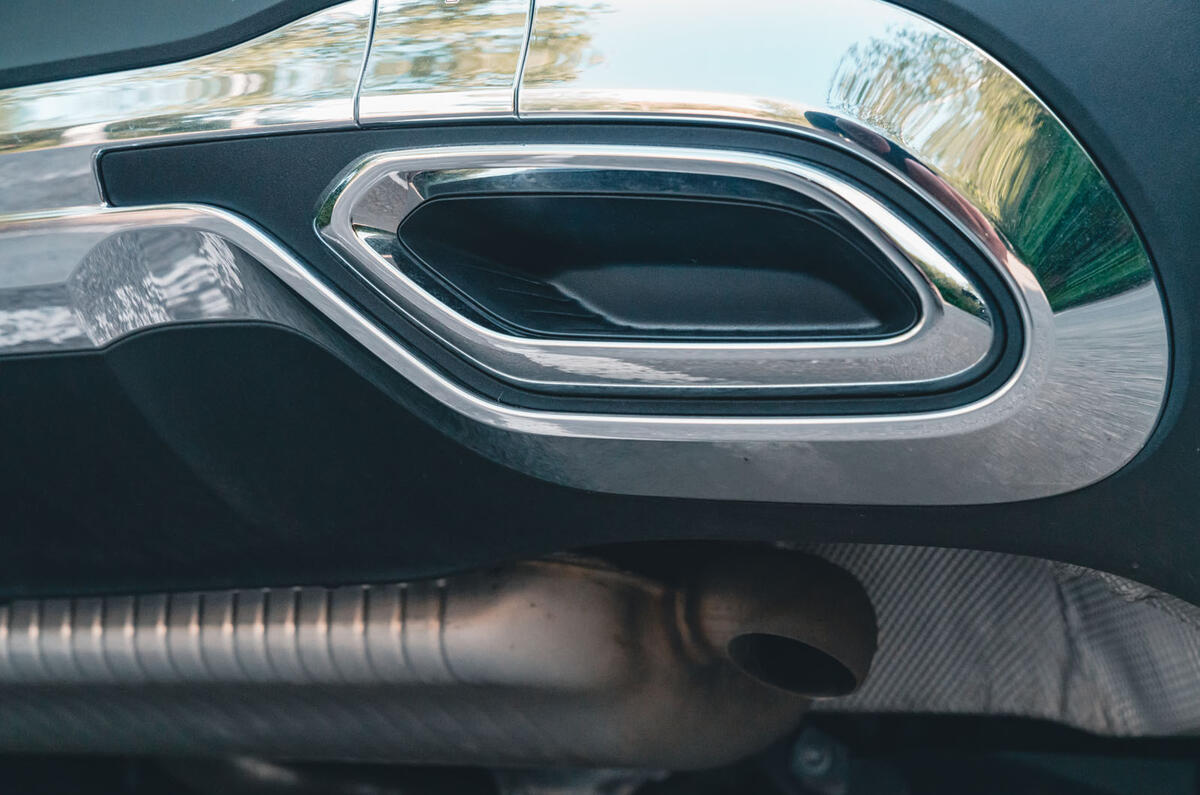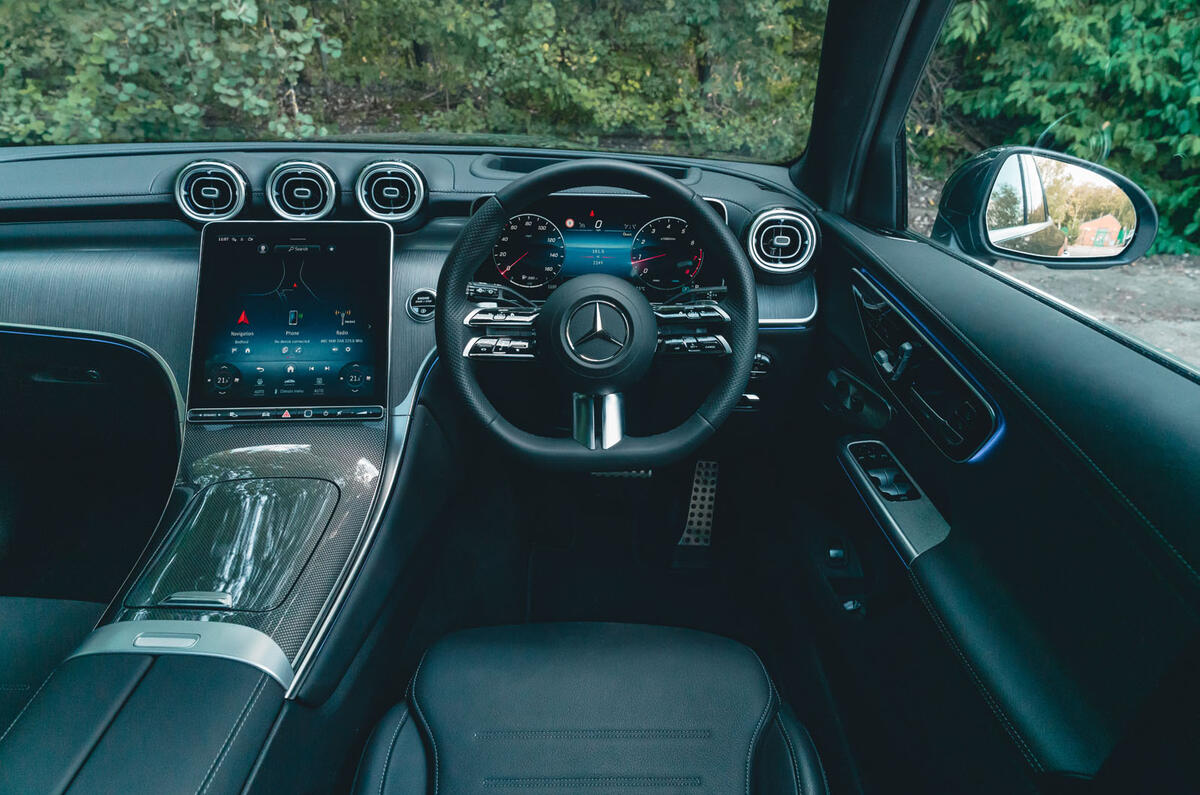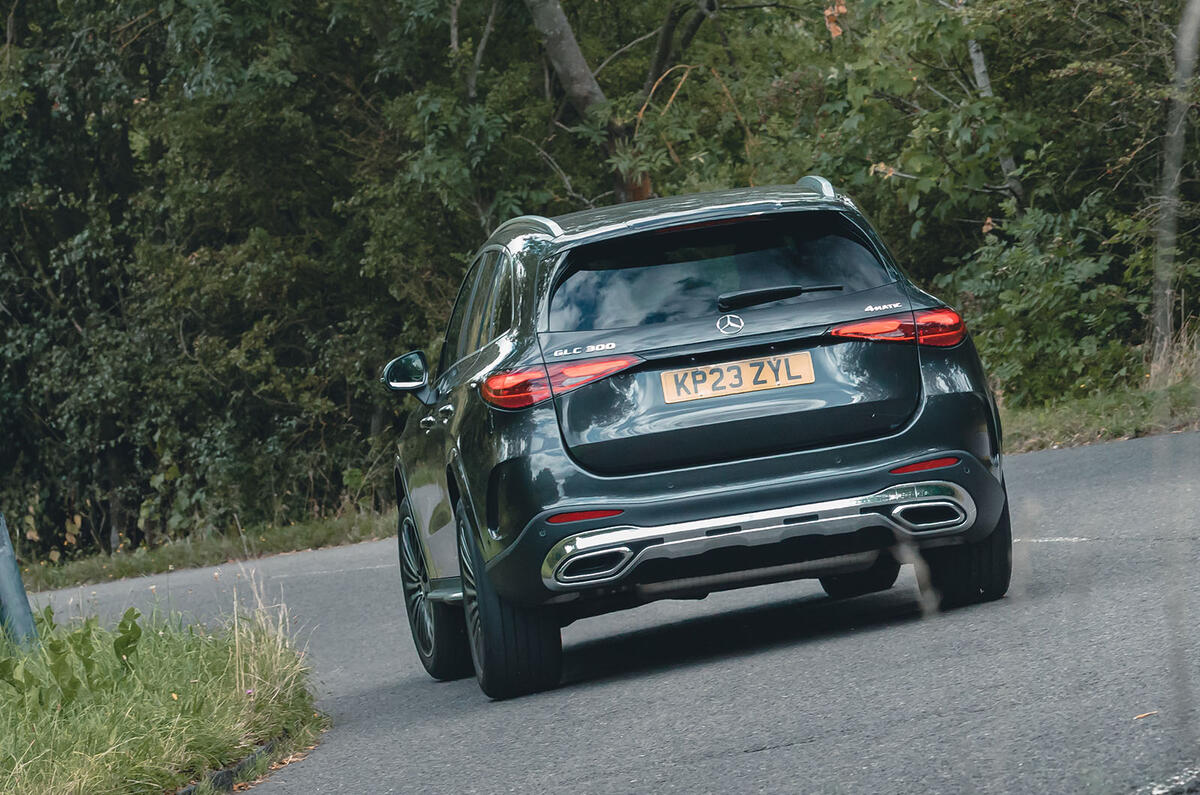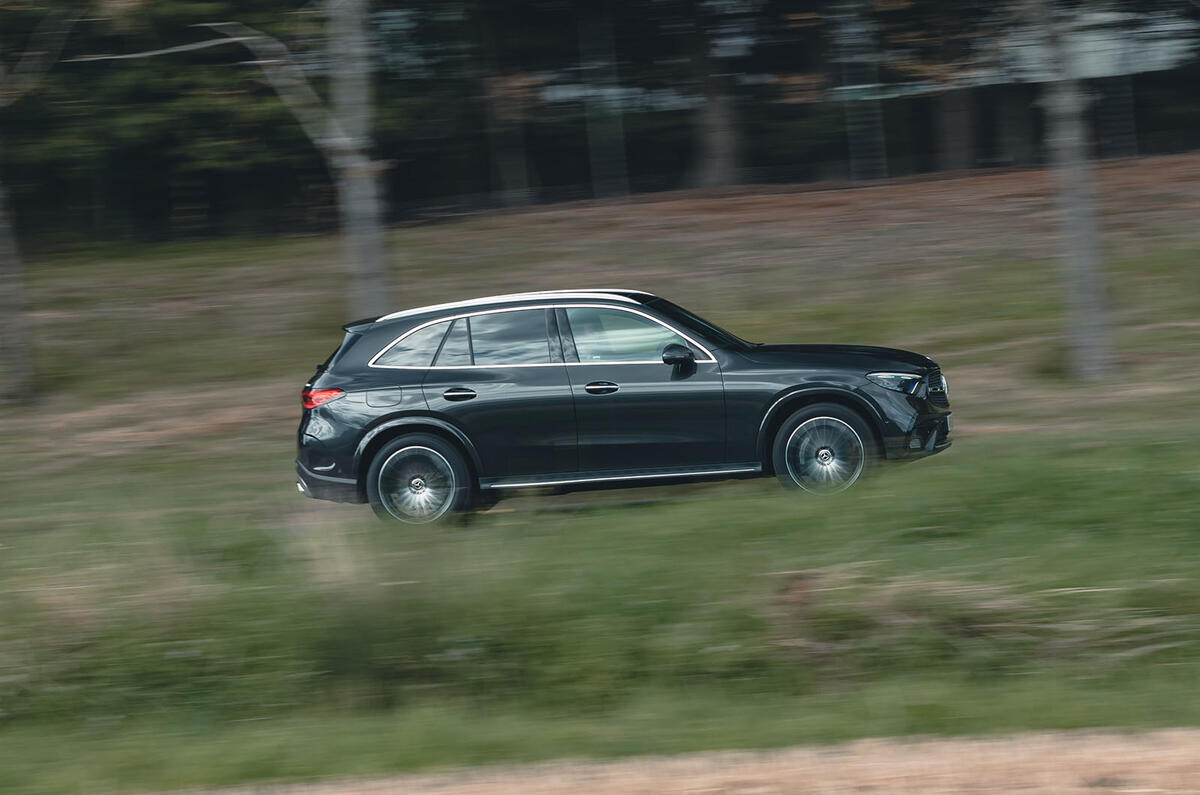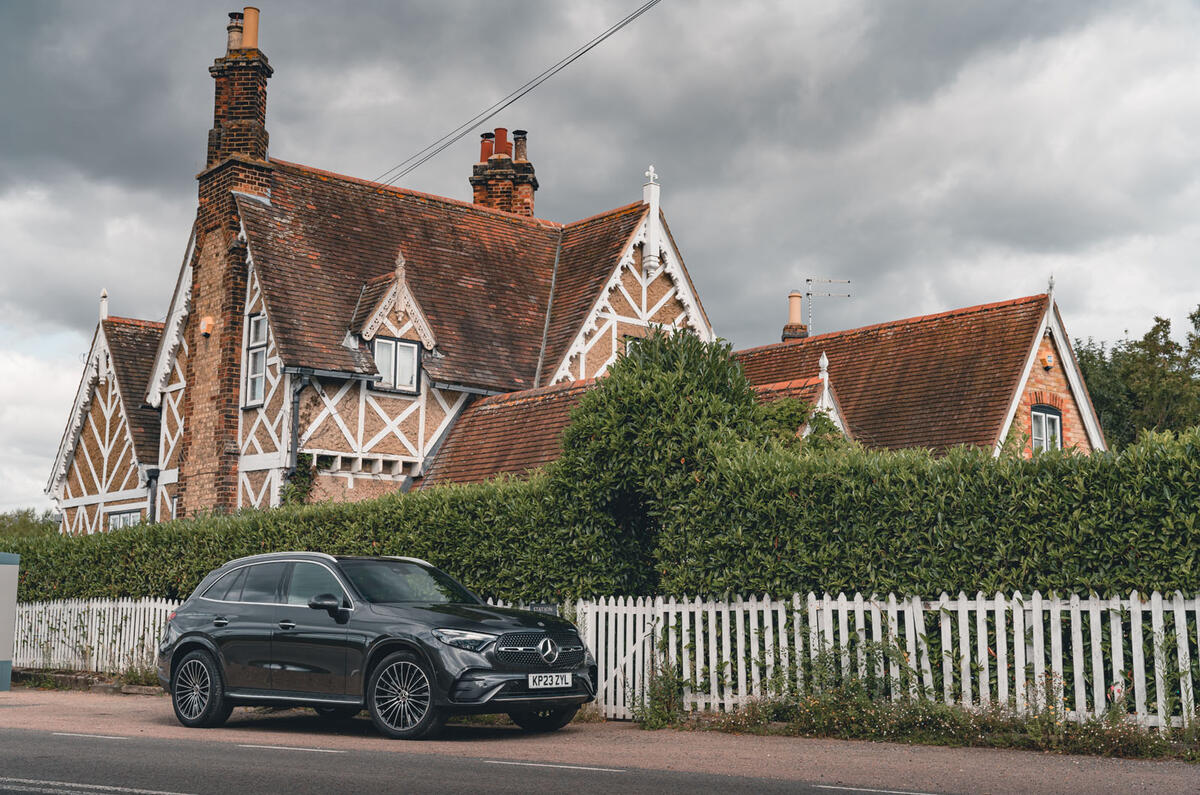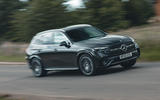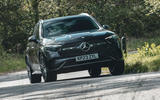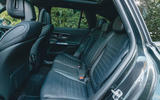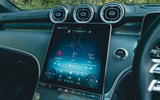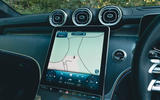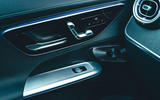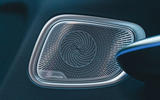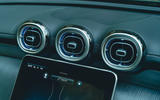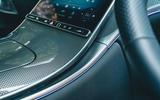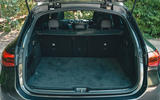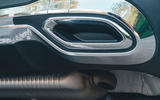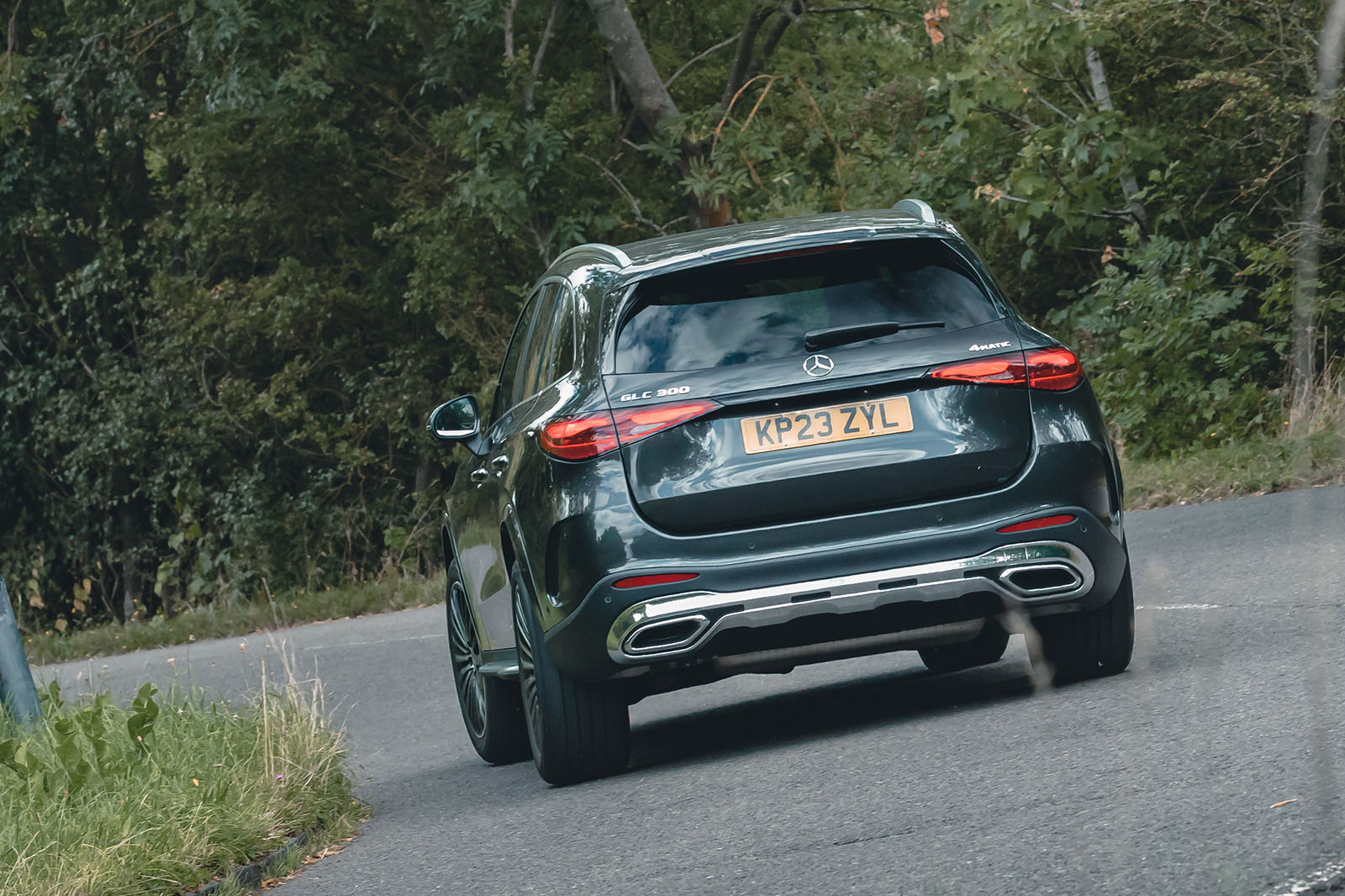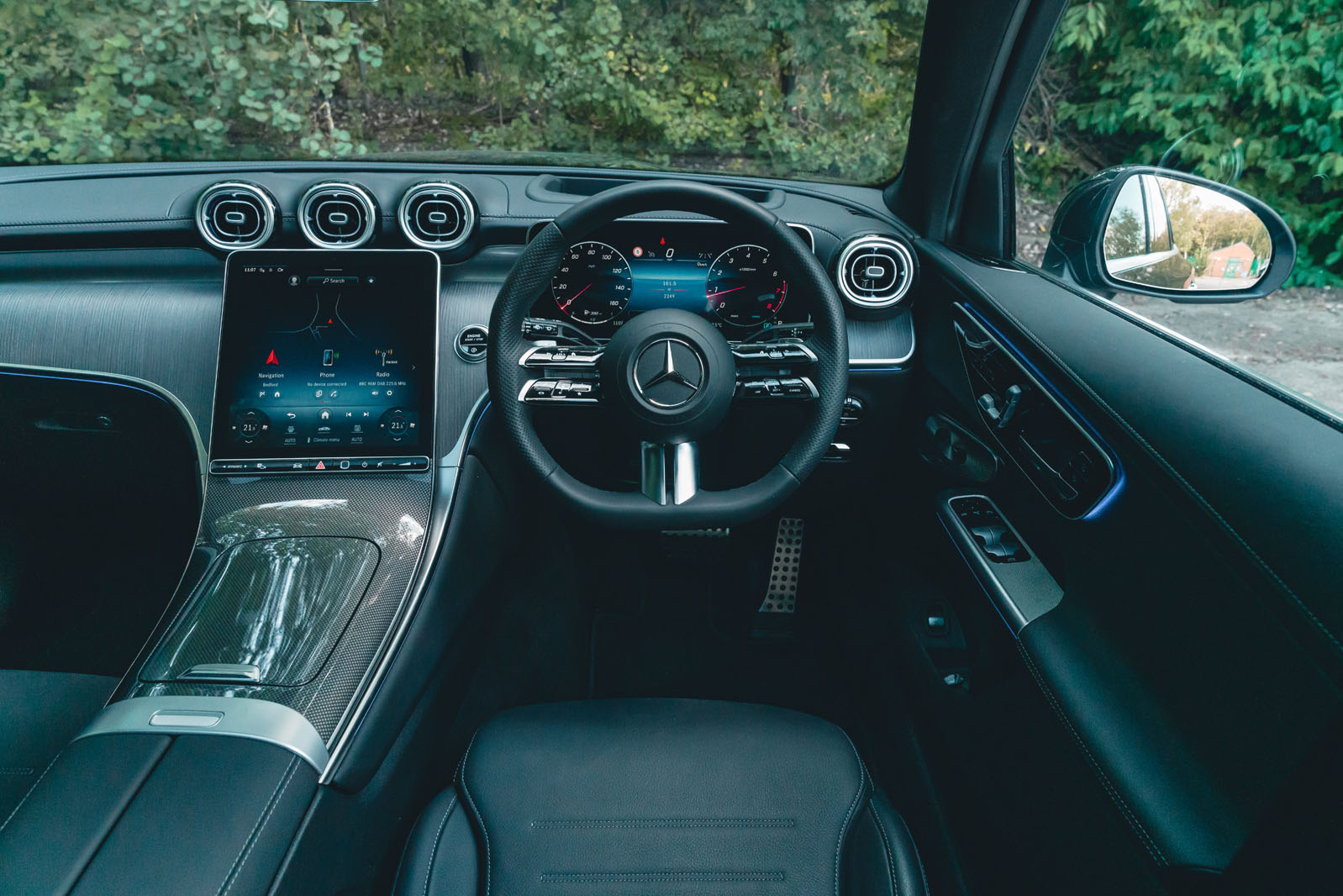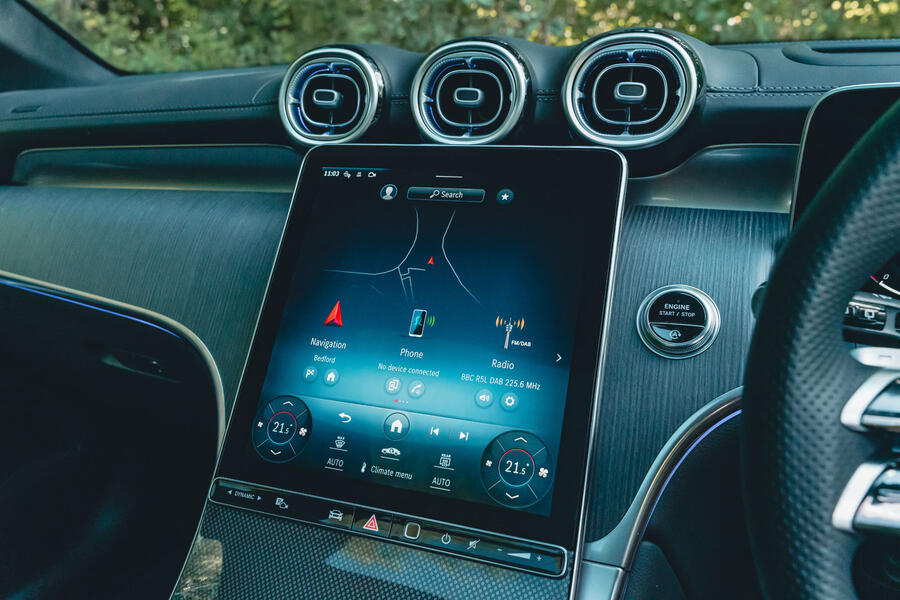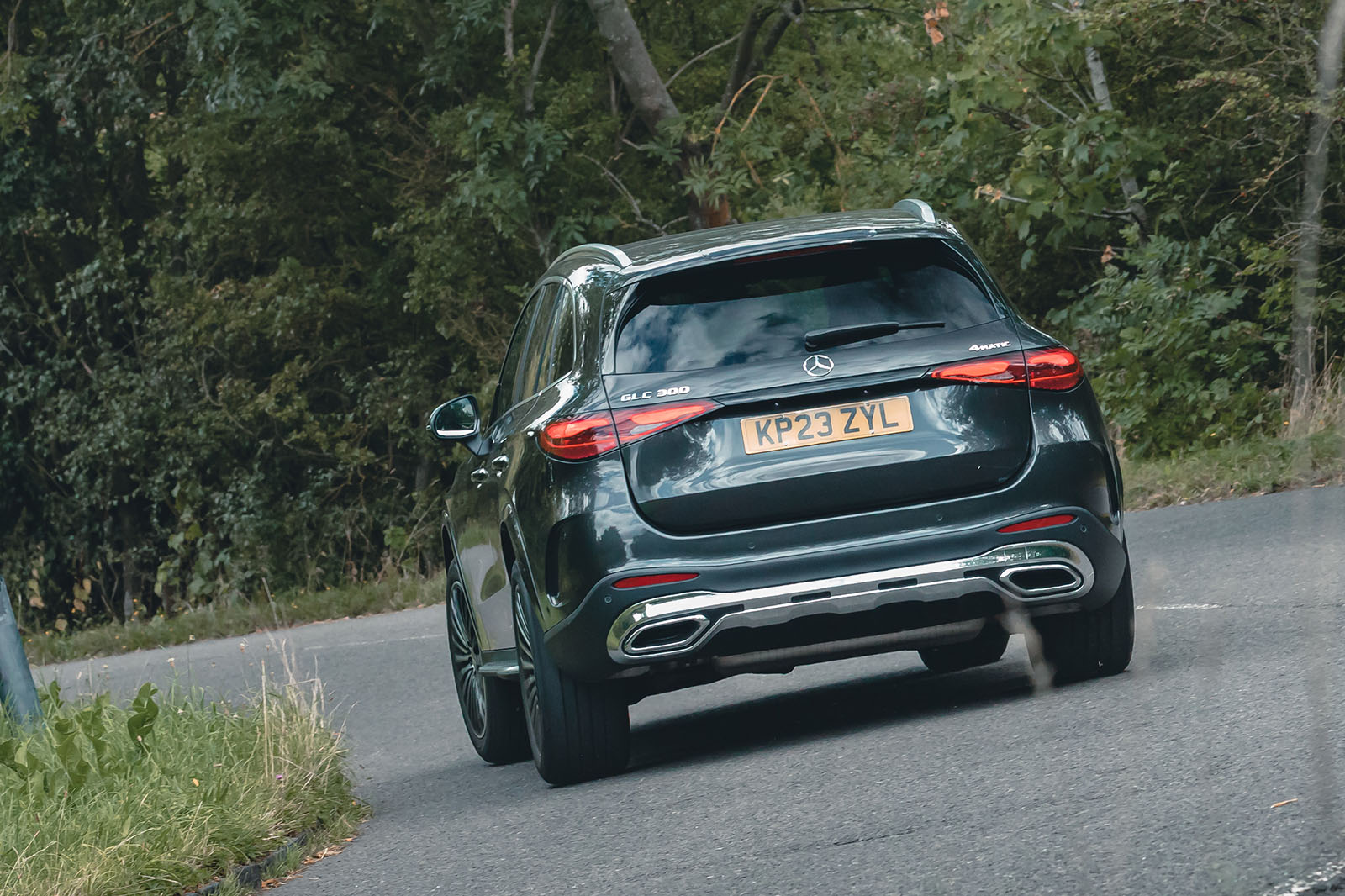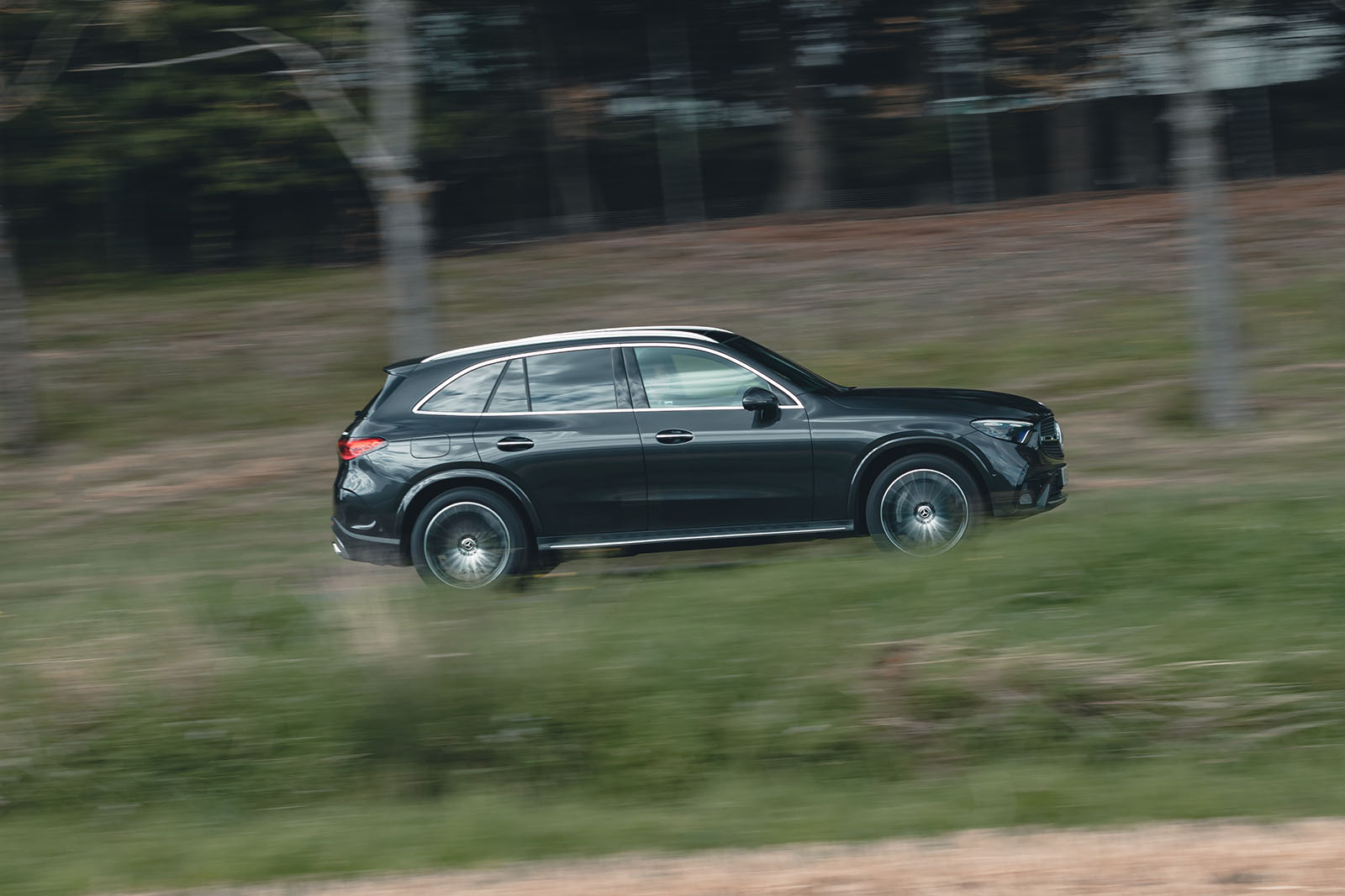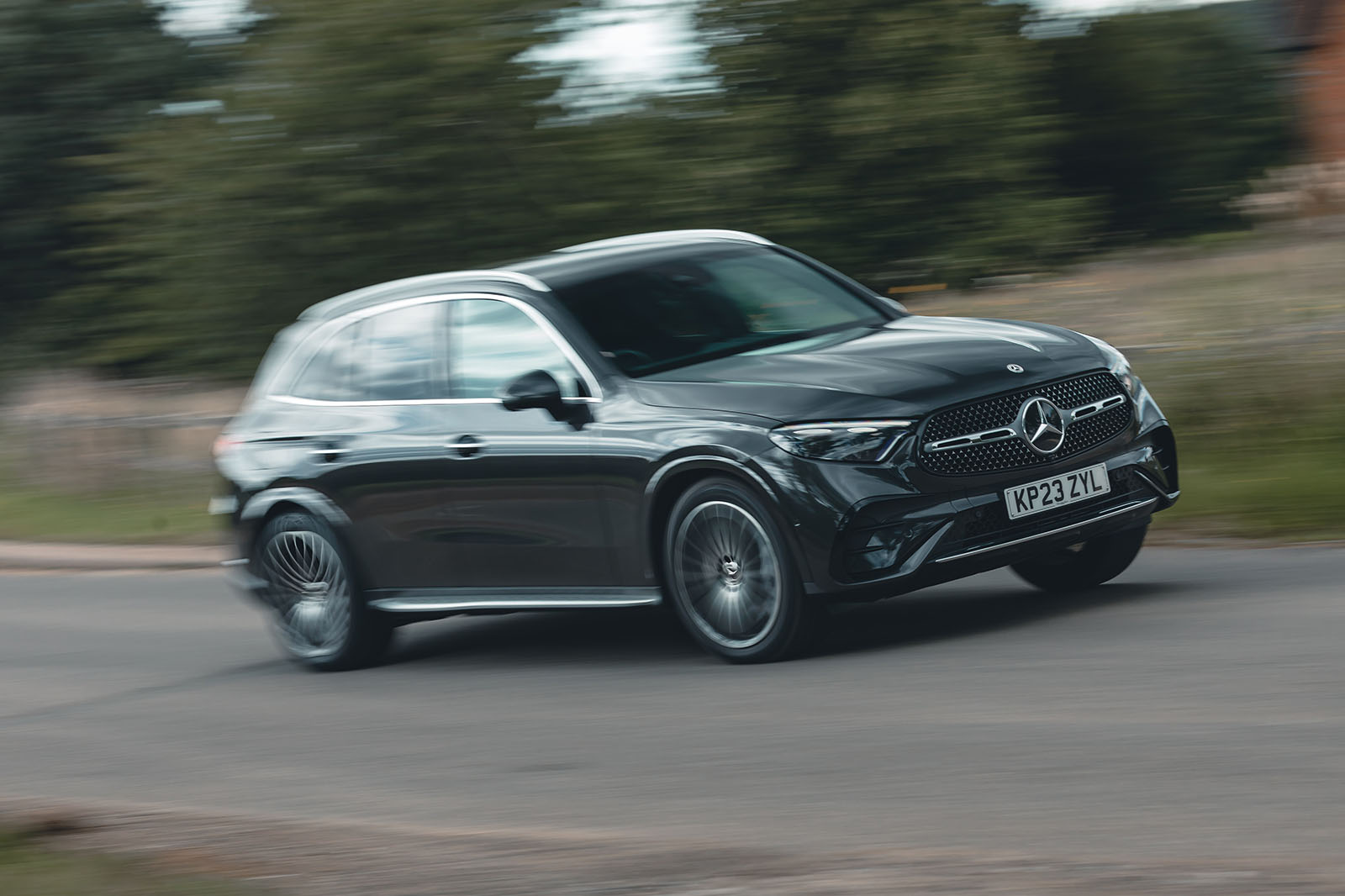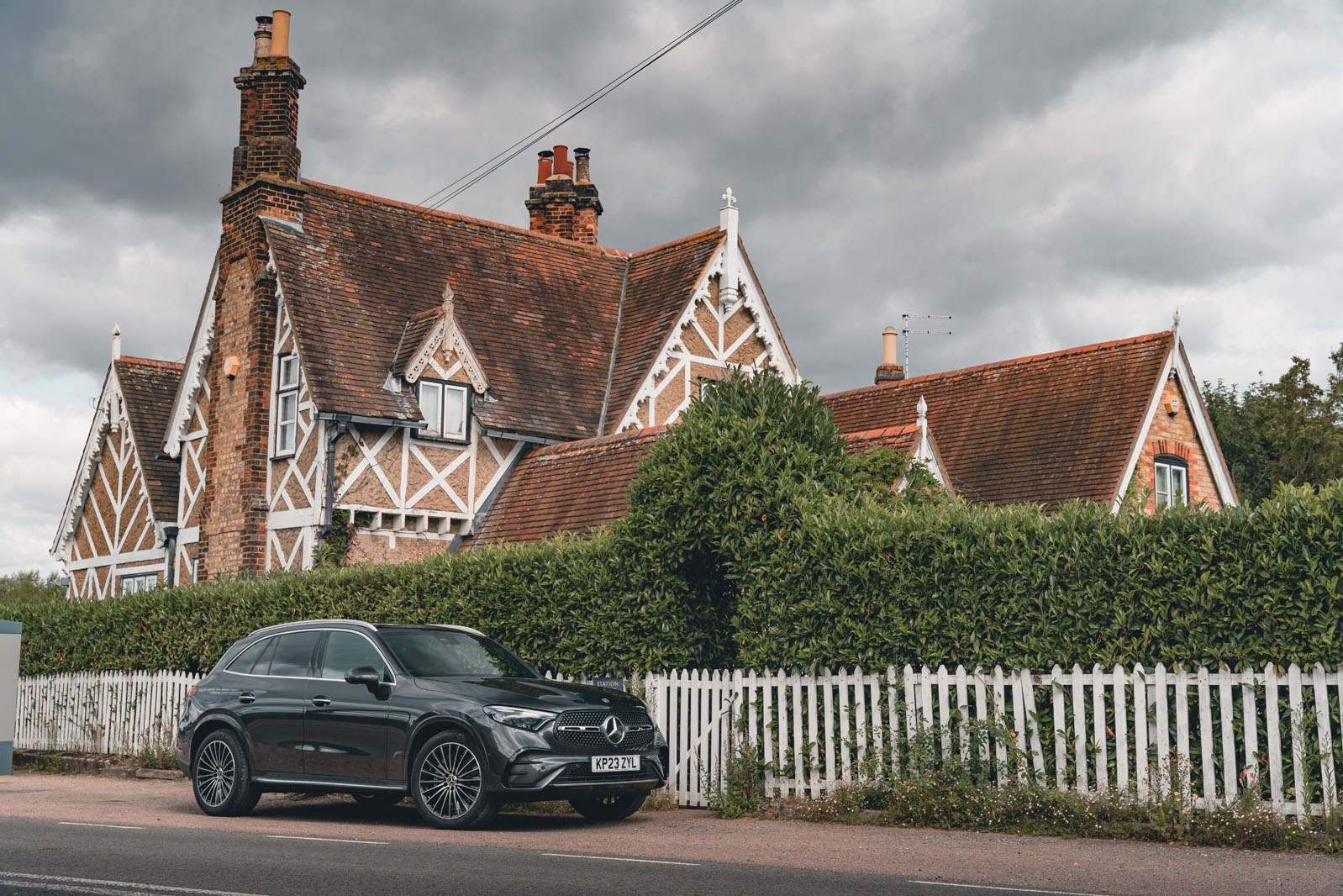When the Mercedes-Benz GLC first arrived in 2016, we joked that the executive who decreed that its predecessor (badged GLK) wouldn't be offered in the UK would be lucky to have remained in the job.
Even back then, when the Audi Q5, BMW X3 and Land Rover Discovery Sport were already flying out of showrooms, it felt like quite an oversight not to offer the GLK in right-hand drive. Since then, GLC has become Mercedes’ best-selling model, it seems even more confounding that the German brand was so very late to the booming mid-size SUV party.
However, Mercedes now seems keen to continue heartily making up for lost time. The second-generation GLC tested here does very little to shake things up over its forebear. At a glance, it can be difficult to tell the ‘X254’ GLC apart from the 'X253', and the inherent message in that is clear: this is very much the same car to which buyers have taken so warmly, only updated and improved to better compete with new rivals.
Under the skin is where the real changes lie. The model range is now hybrid-only, with mild- and plug-in hybrid powertrains. Developed alongside the new Mercedes C-Class saloon, the GLC also features rear-wheel steering, albeit as an optional extra, and is notably stiffer in its structure, which ought to improve dynamics.
Inside, Mercedes claims to have used more desirable materials to further capitalise on the GLC’s reputation for relative opulence in this class.
The GLC is well furnished with diesel options, which is something of a novelty these days. Equally, when you boil it down, there’s not much variation: your choice is from four- cylinder diesel and petrol engines, either with a 48V mild-hybrid system or a full plug-in hybrid powertrain. It’s a shame the straight-six diesel 400d won’t be offered in the UK (for now), although upcoming AMG performance variants will add flavour to the range.



